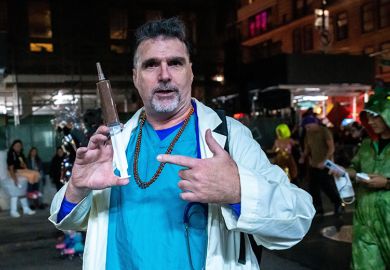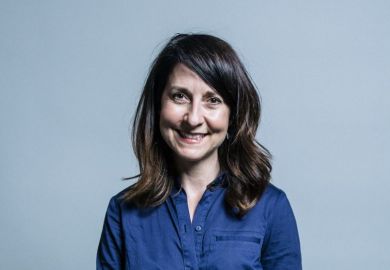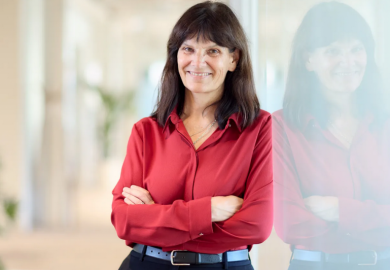Anyone who has ever sat through a long-haul flight peering at a wristwatch in the dark will wonder how time seems to pass so slowly.
Does our brain have an internal clock, or do we infer the passing of time entirely from observation? Misha Ahrens, who was this week named one of 17 winners of a Henry Wellcome Fellowship, plans to spend the four-year duration of his award studying how our brains measure time.
"Timing is very important for the way we interact with the world. Our perception of the world would be very different if our brains perceived time differently," he said.
It is hoped that the £250,000 fellowships awarded by the Wellcome Trust will enable the researchers to make an early start in developing independent research careers, working in the best laboratories in the UK and overseas.
Mr Ahrens, who grew up in the Netherlands, is not afraid to tackle the big topics. Before studying the human brain, he acquired a bachelors degree in mathematics from the University of Cambridge, where he studied high-energy physics, including supersymmetry and string theory.
He is currently finishing a PhD at the Gatsby Computational Neuroscience Unit at University College London. It was here that his investigations into the brain began. His research involved developing models that try to predict how the brain will react to sound stimuli.
"The link between brain activity and visual stimuli is relatively well understood, but the link to sound is more elusive," he said.
Even more of a mystery is the brain's understanding of time, which Mr Ahrens also studied during his PhD. Previous studies in this area have shown that our perception of time can be fooled by, for example, being made to watch a film in slow motion, or being shown a rapid flashing light for an appreciable period.
"Observations of the world inform us how much time has elapsed and, hence, by distorting our observations, our time judgments can be distorted. I want to gain a better understanding of how creatures interact with the dynamic and ever-changing world," he said.
Mr Ahrens will be based at the University of Cambridge, but he will also travel to the US for stints at Baylor College of Medicine and Princeton University.
He has ambitions to run his own multidisciplinary research lab. "But I don't just want to be the manager. I want to always be centrally involved in research, both as a theorist and an experimentalist."
Register to continue
Why register?
- Registration is free and only takes a moment
- Once registered, you can read 3 articles a month
- Sign up for our newsletter
Subscribe
Or subscribe for unlimited access to:
- Unlimited access to news, views, insights & reviews
- Digital editions
- Digital access to THE’s university and college rankings analysis
Already registered or a current subscriber?



